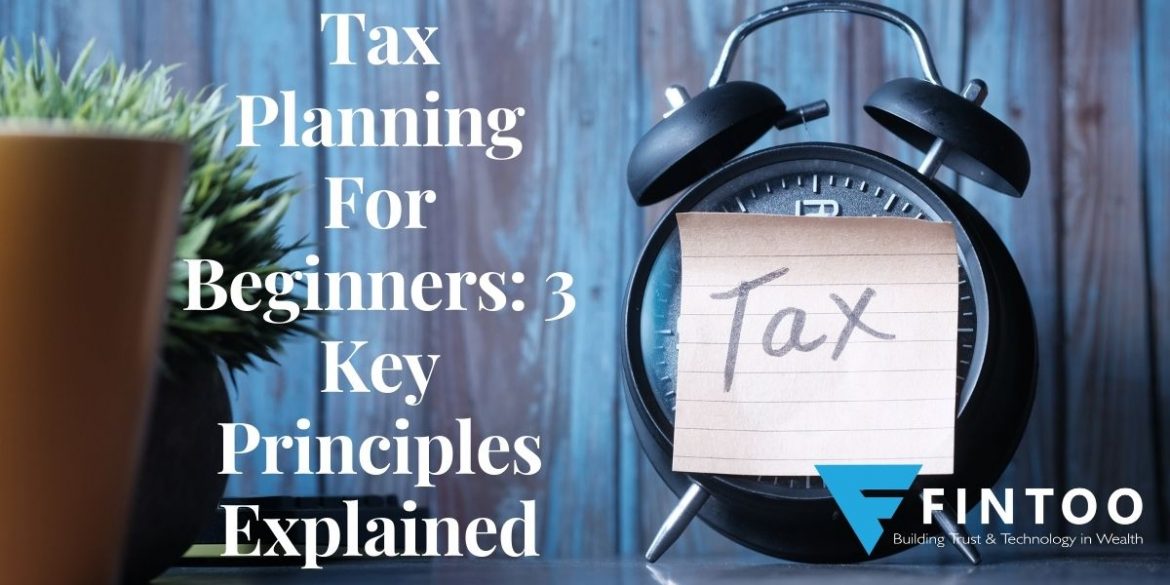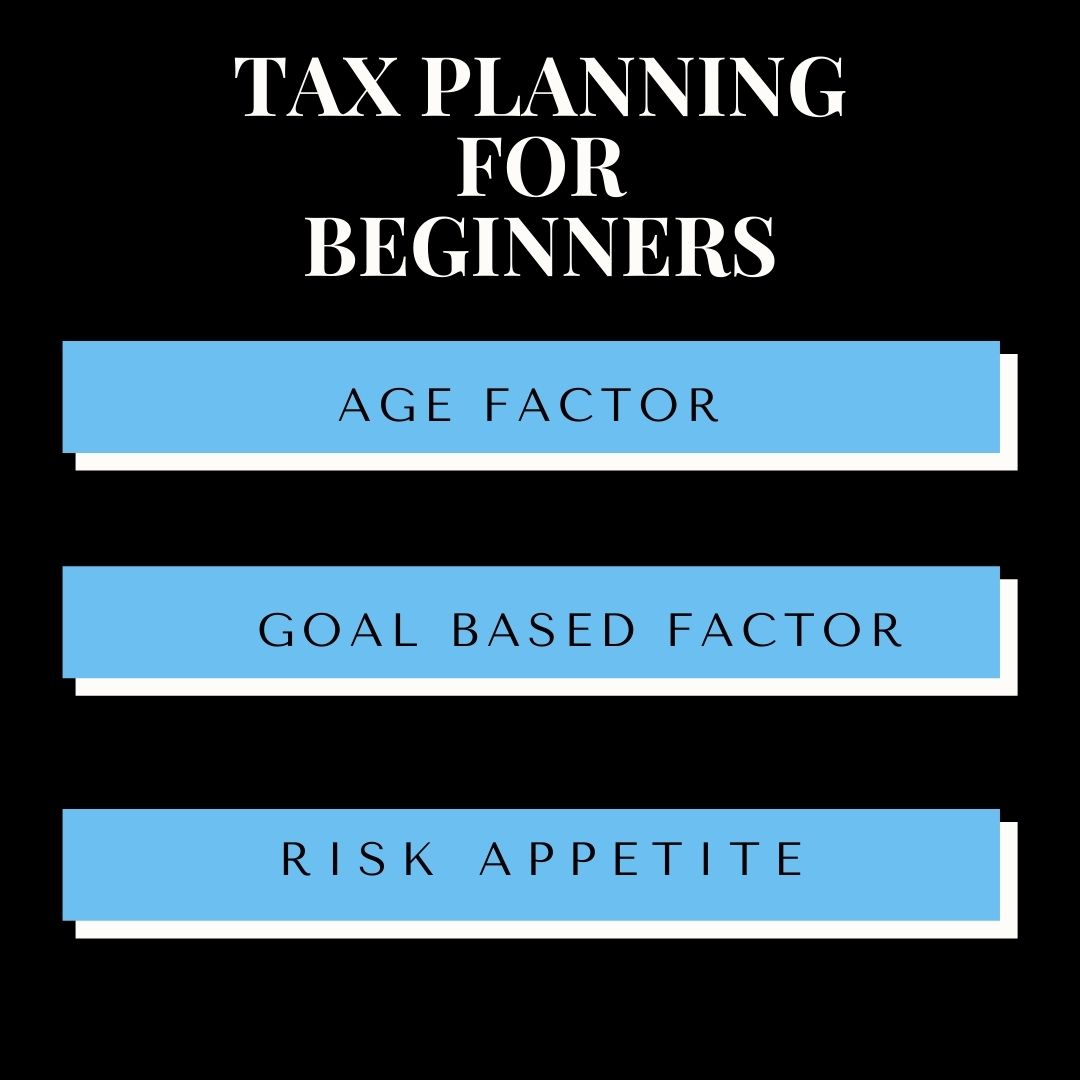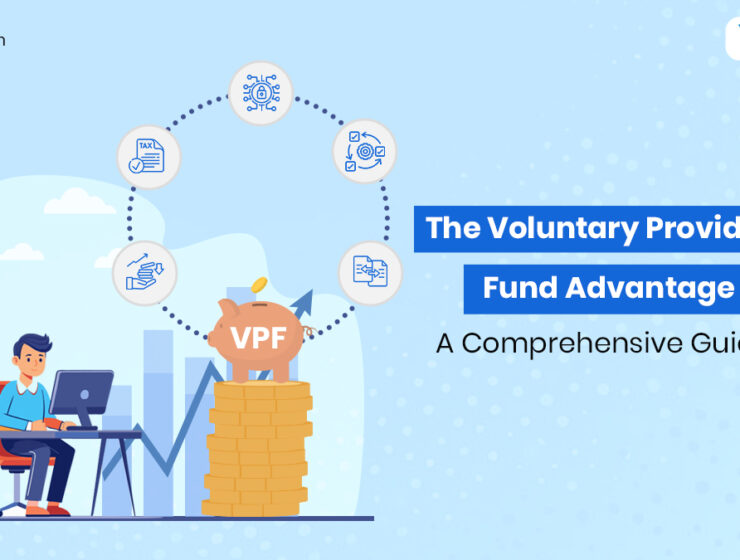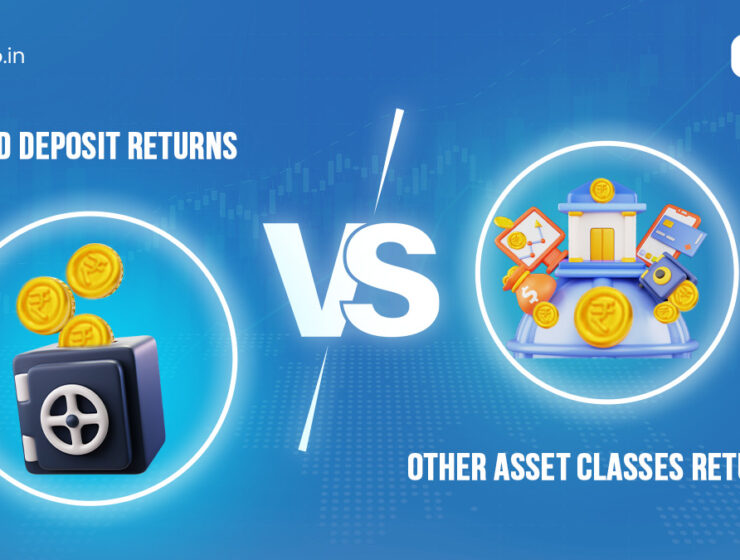

Tax planning refers to the sum of all activities which help in bringing down the overall tax liability and adding up to your savings. The ultimate goal of a tax planning drive is to create an estimate of your total holdings and make wise financial choices by accounting for all exclusions, exemptions, allowances, deductions etc.
A little bit of tax planning today can be of considerable help in adding to your savings bundle in days to come. Today, we are going to discuss the basic principles of tax savings which can be of exceptional help for all beginners whether they belong to the salaried or non-salaried category.
1. Age factor
Age has a big role to play in deciding on the choice of financial instruments as younger people are mapped against riskier options. As a prudent tax planning principle, you need to opt for market-linked tax saving funds such as ELSS, NPS and ULIP.
On the other hand, if you are middle aged and risk appetite is low then you should opt for low risk investments such as Endowment policies, 5 year Fixed Deposit etc.
The willingness to take risk remains high amongst young investors and they can also be seen opting for home loans during this phase as the repayment tenure is pretty long. It is also imperative to note here that starting with investments early and continuing the same for a longer tenure can help in mitigating short term fluctuations.

2. Goal based Factor
The tax planning exercise is also considerably influenced by the financial goals of an individual. If you are planning on retiring within the next 5 years, then your tax saving investment portfolio needs to be less inclined towards the market-linked tax saving options. The main reason behind this is that you are pretty close to your goal and all sources of regular income is bound to cease soon.
On the other hand, if you have a significant number of years left for your retirement, then the maximum amount of funds should be allocated towards equity linked investments and less towards debt options.
3. Risk Appetite
Willingness of risk taking usually bears a direct relationship with our income level. Individuals having sufficient annual gross total income can segregate a lion’s share of their funds towards investment in equity oriented schemes. These funds have higher growth potential which in turn can add up to your corpus. Tax saving investments providing assured returns are advised to risk averse investors. They can easily go ahead with 5-year bank deposits, PPF, NSC, Senior Citizens Savings Scheme and 5-year post office deposit.
Read More :- How To Improve Your Savings According to Financial Planners
Conclusion
A maximum of INR 150,000 can be claimed as deduction u/s 80C by investing the same in a variety of instruments ranging from fixed deposits to public provident funds. Donations made on philanthropic grounds to a charity like the National Relief Fund can also be claimed as deduction u/s 80G of the IT Act. Various organisations have been pre-specified by the Finance Ministry to which donations can be made by a taxpayer for enjoying tax deductions. However, it is imperative to note here that only cash and cheque donations are eligible for deduction under this section of the Income Tax Act.
Your tax planning needs to be in sync with your overall financial planning. You should thus ask yourself whether a particular tax planning tool can assist you with the fulfilment of financial goals. You also need to enquire if it coincides with your desired asset allotment after considering your investment perspective and risk appetite. Instances are not rare when the accompanying lock-in period of a particular financial instrument ends up causing an acute liquidity crisis for the investor.
A proper analysis needs to be carried out between the risk and rewards associated with investing in a particular instrument. Equity Linked Savings Scheme is usually suggested to young investors who can bear the instability of the equity market. They also have a small lock-in period of just three years for catering to your liquidity needs which might arise suddenly.
A financial planning platform where you can plan all your goals, cash flows, expenses management, etc., which provides you advisory on the go. Unbiased and with uttermost data security, create your Financial Planning without any cost on: http://bit.ly/Robo-Fintoo
To Invest and keep regular track of your portfolio download: Fintoo App Android http://bit.ly/2TPeIgX / Fintoo App iOS http://apple.co/2Nt75LP‘
Disclaimer: The views shared in blogs are based on personal opinion and does not endorse the company’s views. Investment is a subject matter of solicitation and one should consult a Financial Adviser before making any investment using the app. Making an investment using the app is the sole decision of the investor and the company or any of its communication cannot be held responsible for it.
Related Posts
Stay up-to-date with the latest information.


